We can provide up-to-date information and statistics on dementia and arrange media interviews with Race Against Dementia staff and Research Fellows.
Call – +44 (0)7354 844529
Email – press@raceagainstdementia.com
Press Office hours – Monday – Friday, 08:30 – 17:30
For comment on our scientific research and campaigns contact the press office.
We can provide up-to-date information and statistics on dementia and arrange media interviews with Race Against Dementia staff and Research Fellows.
Call
+44 (0)7354 844529
Email – press@raceagainstdementia.com
Press Office hours
Monday – Friday, 08:30 – 17:30
For comment on our scientific research and campaigns contact the press office.





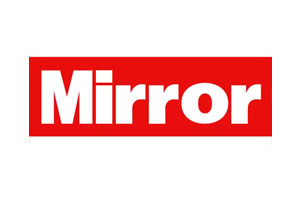
Throughout the three-month campaign, which ended on January 31, readers donated a total of £527,401.11.
On the annual charity phone-in day, readers were given the opportunity to chat with Telegraph columnists including Bryony Gordon, Allison Pearson, Richard Madeley and Michael Deacon.

When his father’s mental health deteriorated, Allan Burns and his family took to the track to raise money for Race Against Dementia
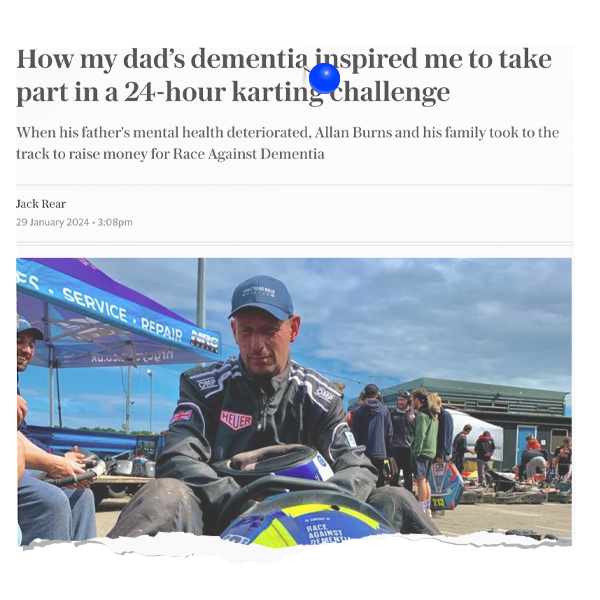
An inherited genetic mutation that causes dementia has taken the lives of many of Jo Harrigan’s family – she’s determined to break the cycle.
From the age of 25, when her “loving and gregarious” mother Sylvia was diagnosed with a rare form of inherited early-onset Alzheimer’s at the age of 53, Jo Harrigan has been living with what she describes as a “death sentence”.
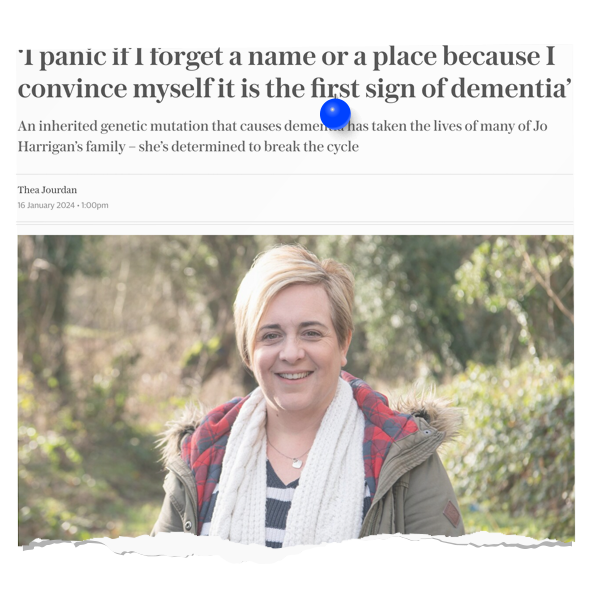
The challenges of looking after a loved one with dementia are overwhelming. While the search for a cure is vital, so is support for carers.
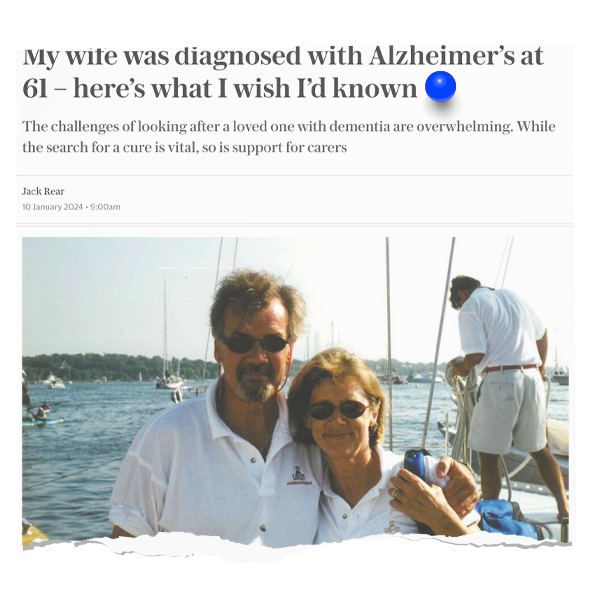
The first signs of dementia can be easily missed. After all, changes can be subtle, says Julie Holder, a community hospitals mental health liaison nurse who has been working with dementia patients for 20 years. She gives an example of a retired patient who may have always worn a shirt and a tie but now can’t work out how to put it on.
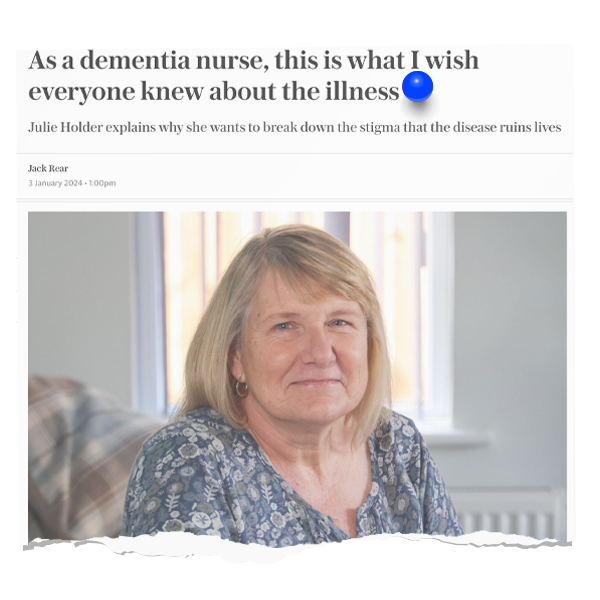
Cells which serve as Jedi knights inside the brain — the guardians of grey matter — turn to the dark side in dementia.
In Alzheimer’s disease, the multi-pronged microglia stop clearing-up problems to protect neurons, and start firing-out damaging molecules instead.
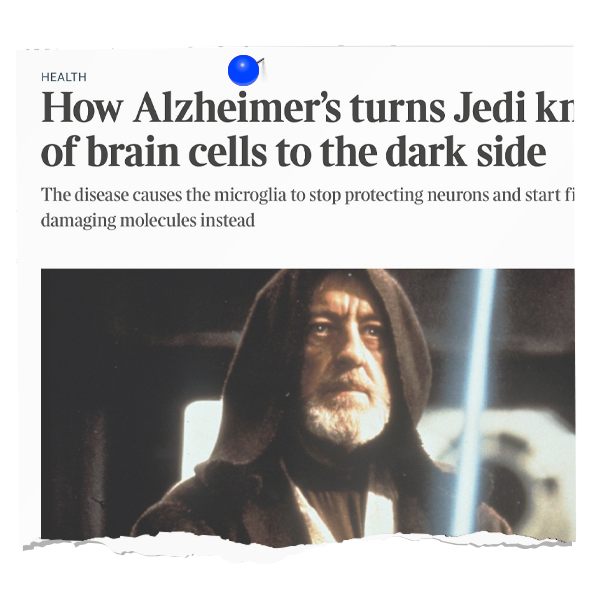
Phil Williams is one of the 7,000 people in the UK suffering from Huntington’s disease.
The new hoover has left Phil Williams in a muddle. A few years ago he did most of the housework, but this new machine is beyond him. Even if he could figure out the buttons, his hands won’t do what his brain tells them. Sometimes he can’t see what needs hoovering in front of him.
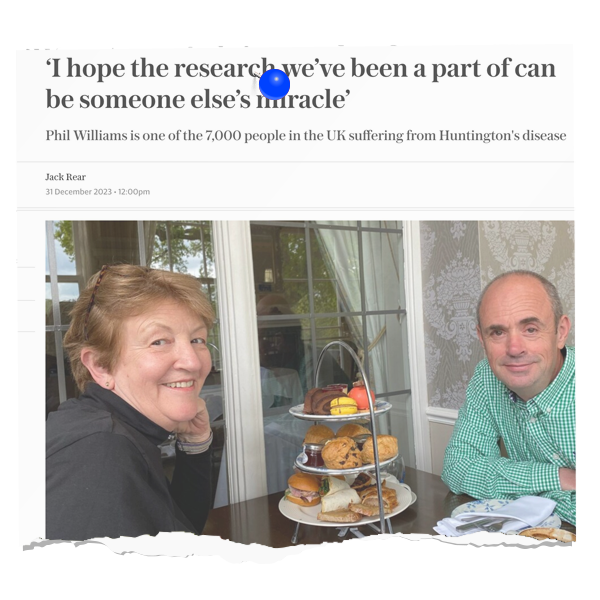
The F1 legend is racing to find a cure for his wife’s disease. He explains why he gets his determination from the race track.
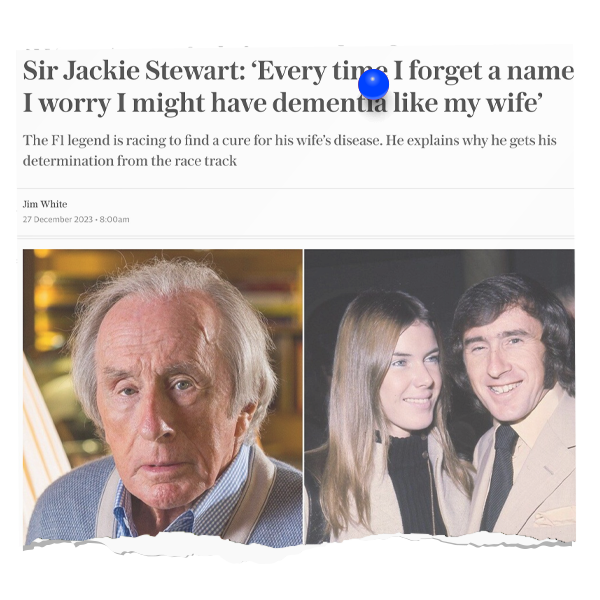
An early-onset dementia diagnosis could have broken this couple, but instead it has brought them closer than ever.
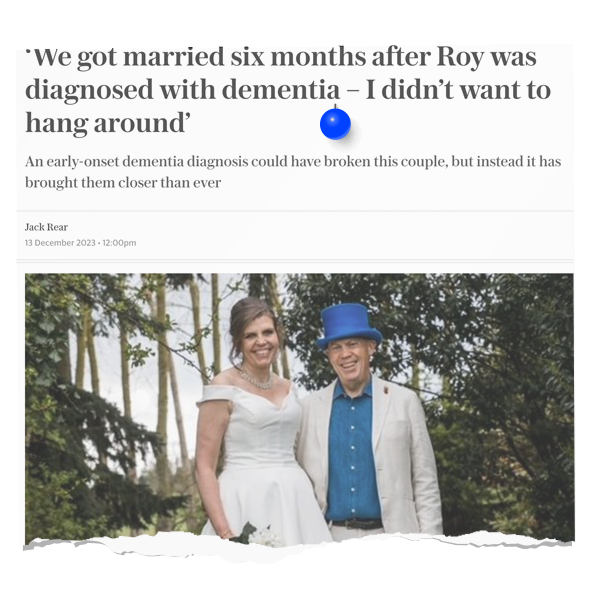
Meet the Cambridge scientist transferring skills from the world of high-octane sport to the lab.
Roaring 1,000 horsepower engines, squealing tyres and the intoxicating reek of exhaust fumes: the world of Formula 1 sounds a far cry from the sterile environment of a medical research laboratory. But Cambridge University scientist Dr Maura Malpetti says the two have more in common than you might think.
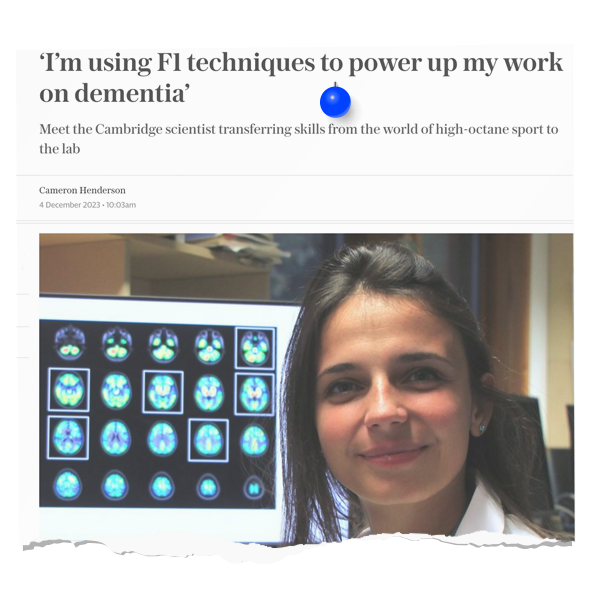
It may be chilly outside, but it’s very cosy indeed in the Telegraph office where the Christmas Charity Appeal phone-in got off to a roaring start this morning. Spurred on by unlimited tea and mince pies, we have taken over 700 calls so far from readers of all ages, from Ayrshire to Cornwall – and we’re just several hours in. The phones don’t stop ringing.
Call us on 0151 284 1927 to help support four charities: Marie Curie, the RAF Benevolent Fund, Race Against Dementia and Go Beyond
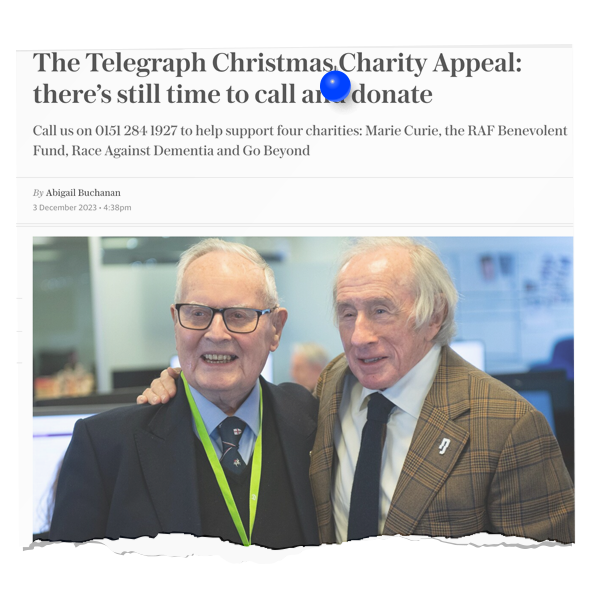
Sir Jackie Stewart and Anneka Rice were among the celebrities manning the phone lines for The Telegraph’s Christmas Charity appeal on Sunday, as the total raised reached £241,000.

